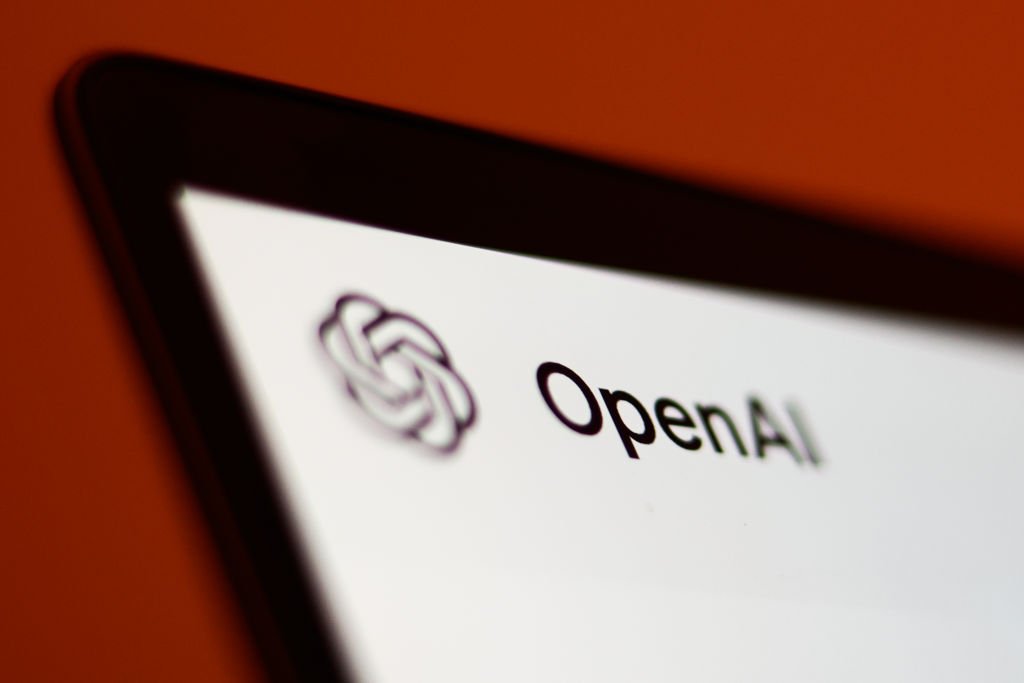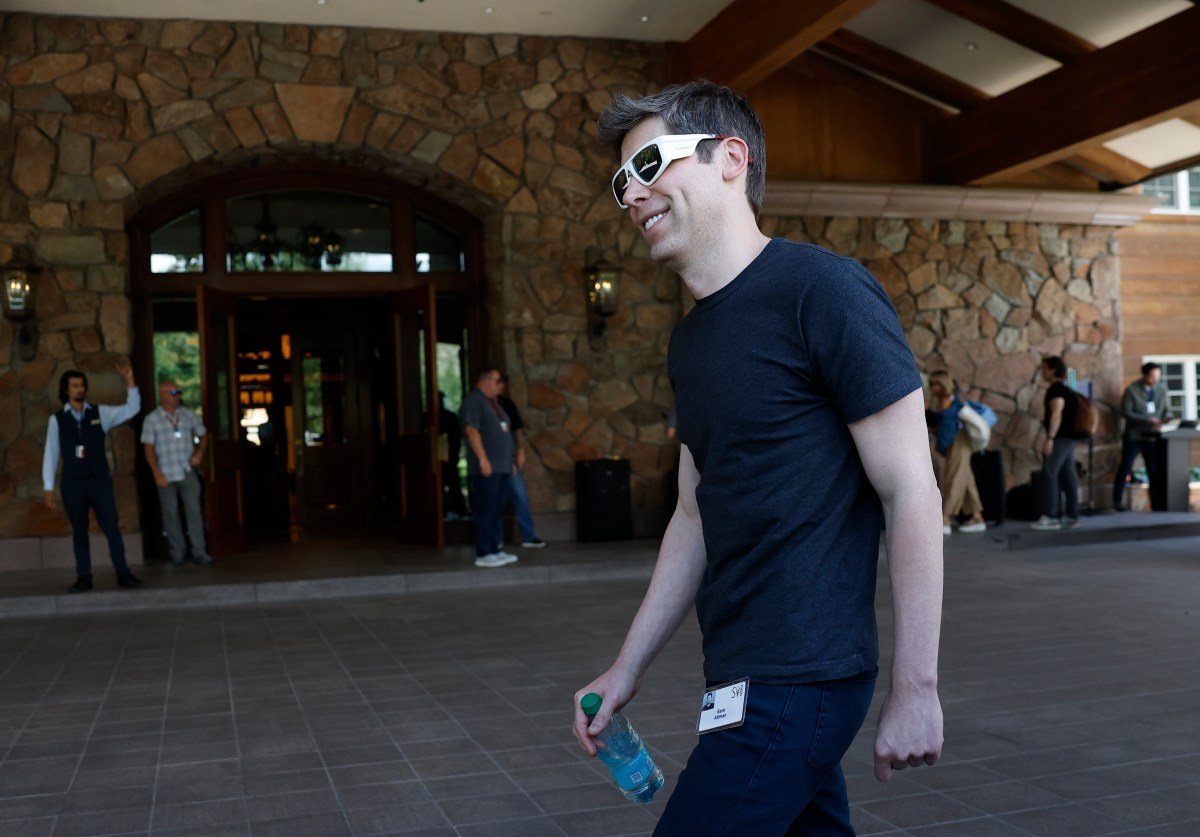Is Wikipedia Losing Relevance in the Age of AI and Social Media?
Often hailed as the last reliable website, Wikipedia is now facing challenges in a landscape dominated by toxic social media and AI-generated content. Recent insights from Marshall Miller at the Wikimedia Foundation indicate a significant drop in human pageviews, down 8% year-over-year.
Understanding the Decline: The Role of Bots
The Wikimedia Foundation is working to differentiate between human traffic and bot activity. According to Miller, the recent decline is attributed to high traffic from bots that had evaded detection, especially in May and June following an update to the platform’s bot detection systems.
The Shift in Information-Seeking Behavior
Why the decline in traffic? Miller cites the growing influence of generative AI and social media. As search engines increasingly deploy AI to deliver information directly to users, younger generations are turning to social video platforms over traditional sources like Wikipedia. Google has disputed claims that AI summaries are leading to reduced traffic from search queries.
Emphasizing Wikipedia’s Continued Importance
Despite these changes, Miller stresses that Wikipedia remains crucial for knowledge dissemination. Information from the encyclopedia still reaches users, even if they don’t visit the website directly. The platform has explored AI-generated summaries but paused the initiative after receiving backlash from its community.
The Risks of Reduced Engagement
This shift poses risks — with fewer visits to Wikipedia, there may be a decline in the number of volunteer contributors and financial supporters. Miller points out that some impressive volunteers have gone above and beyond in their commitment to the community, illustrating the potential loss of valuable contributions.
Encouraging More Traffic and Content Integrity
Miller advocates for AI and social media platforms to drive more visitors to Wikipedia. In response, the organization is developing a new framework for content attribution and has dedicated teams aimed at reaching new audiences, seeking volunteers to assist in these efforts.
Call to Action: Support Knowledge Integrity
He encourages readers to engage actively with content integrity, suggesting that when searching online, users should look for citations and visit original sources. Miller emphasizes discussing the significance of trusted, human-curated knowledge and supporting the real individuals behind generative AI content.
TechCrunch Event
San Francisco
|
October 27-29, 2025
Here are five FAQs related to the decline in website traffic attributable to AI search summaries and social video content:
FAQ 1: Why is website traffic falling?
Answer: Website traffic is declining primarily due to the rise of AI search summaries that provide users with quick answers to queries without needing to click through. This convenience reduces the number of visitors to traditional websites.
FAQ 2: How are AI search summaries impacting user behavior?
Answer: AI search summaries condense information from multiple sources into a single, easily digestible format. As users increasingly find answers directly on search engines, they are less likely to visit individual websites, leading to lower traffic volumes.
FAQ 3: What role does social video play in decreasing website traffic?
Answer: The popularity of social video platforms has led users to consume content in shorter, more engaging formats. This shift in preference diminishes the time users spend on websites, as they opt for quick video content that addresses their interests.
FAQ 4: Are all websites affected equally by this trend?
Answer: Not all websites are equally affected. While news and informational sites may experience more significant declines, niche websites with specialized content or unique offerings might maintain stable traffic levels, depending on their audience’s preferences.
FAQ 5: What can websites do to adapt to falling traffic?
Answer: Websites can adapt by focusing on creating engaging, high-quality content that provides value beyond quick answers, utilizing SEO strategies to improve visibility, and expanding into video content to meet users where they are consuming information. Engaging with audiences through social media can also help drive traffic.




